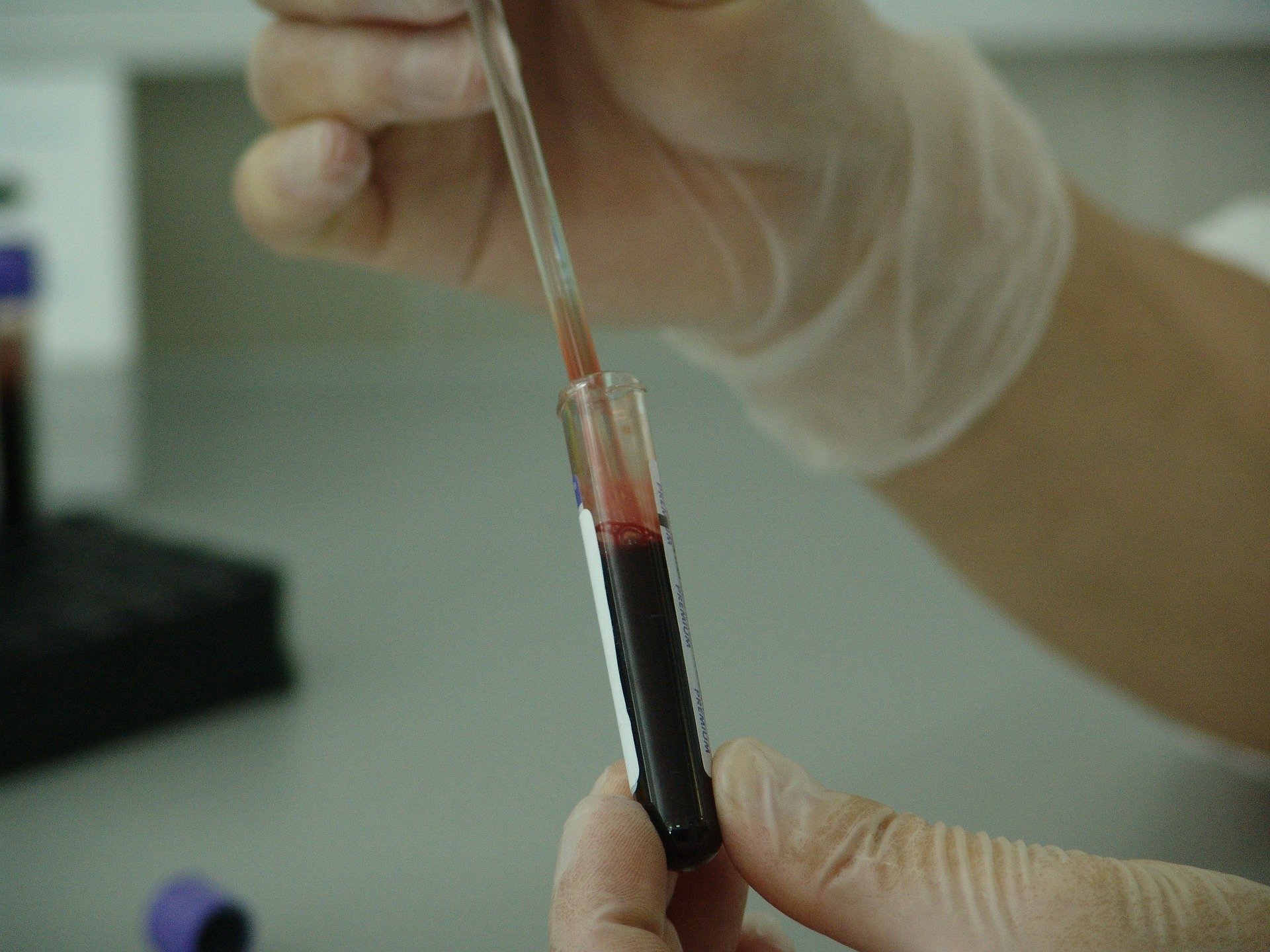Factor XI Deficiency (Hemophilia C, Rosenthal Syndrome, Plasma Thromboplastin Antecedent Deficiency)
What is Factor XI Deficiency?
Factor XI Deficiency previously called Hemophilia C was first discovered among patients who had severe bleeding episodes after dental extractions. Also known as Rosenthal Syndrome/Plasma Thromboplastin Antecedent Deficiency, its incidence is an estimated 1 in 100,000 in the general population. Among the Ashkenazi Jews, Factor XI Deficiency occurs in almost 8% of the community due to consanguineous marriages.
It is caused by a deficiency of clotting Factor XI which has an important role in the clotting process. FXI supports the production of thrombin (protein that converts fibrinogen to fibrin) which collects and traps platelets and holds a blood clot in place. Deficiency of Factor XI means a disruption in this clotting process leading to excessive bleeding.
Patterns of Inheritance
Factor XI Deficiency is caused by mutations in the F11 gene (4q35) which encodes Factor XI. Such mutations lead to shortfall in FXI production. Unlike in other bleeding disorders where the severity of the disease depends on the percentage shortfall of the factor, in Factor XI Deficiency the severity does not match the level of protein in the plasma. A person with a severe shortfall of FXI may have mild symptoms whereas a person with a higher percentage of FXI may have severe symptoms.
Factor XI Deficiency is inherited in an autosomal recessive manner which means both parents have to carry the disease-causing mutation. For parents with the disease-causing mutation, there is a 25% chance that every child will inherit two defective copies of the gene and thereby present with the disease. There is a 50% chance that each child may/may not be a carrier of the gene. Children with only one copy of the mutated gene are just carrier and do not present with symptoms of the disease.
Both men and women are equally affected by FXI Deficiency.

Image source: Pixabay
Symptoms and Diagnosis
Symptoms
People with Factor XI Deficiency Hemophilia C experience nosebleeds, easy bruising and excessive bleeding during traumatic situations like tooth extraction, dental procedures, surgical interventions. Since the symptoms do not correlate with the amount of FXI present in the blood plasma, it is difficult to predict the course of the disease.

Image source: Pixabay
Diagnosis
Is based on symptoms, patient’s clinical history, family history and a combination of laboratory tests and genetic tests:
- Lab workup – includes a complete blood count (CBC), coagulation tests and factor assay. Coagulation tests include time taken for blood to clot – activated partial thromboplastin time (aPTT) and prothrombin time (PT). In Hemophilia C, the aPTT test will be prolonged as the sample will take longer to clot. PT tests are usually normal in FXI affected persons.
- Molecular testing – to identify mutations in the FXI gene. Molecular genetic testing can help identify other carrier females in the family as well as support prenatal diagnosis for future pregnancies.

Image source: Pixabay
Current Management
The treatment for Factor XI Deficiency is not as predictable as hemophilia A and B. The bleeding episodes cannot be predicted since the quantity of factor does not correlate to the symptoms and severity of bleeding episodes.
However, regular prophylactic treatment with fresh frozen plasma (FFP) (tested for blood transmitted pathogens), or Factor XI concentrates and antifibrinolytics. Many patients in India are also treated with antifibrinolytics like tranexamic acid. These are used frequently for nasal bleeding episodes or heavy menstrual bleeding in women. Antifibrinolytics are also used before dental procedures.
In India, fresh frozen plasma is usually used to treat patients as it is rich in coagulation factors like FXI. However, this is used with caution as some patients may develop allergic reactions with FFP over time.
A small group of patients develop inhibitors which are autoantibodies. Such individuals are usually treated with small doses of injection recombinant Factor VIIa, recombinant drug.
Investigational Therapies
Currently gene therapy is being studied as a permanent cure for Factor XI Deficiency. Gene therapy involves replacing the defective gene with a normal gene through the help of load carrying viral vectors. The normal gene will be able to produce sufficient quantities of the active enzyme to enable the patient lead a normal life without spontaneous bleeding episodes.
Gene therapy is yet to reach the patient’s bedside. All information on current gene therapy trials for haemophilia C is available at https://www.clinicaltrials.gov/"

References
Description, Types, Causes, Diagnosis, Treatment
https://www.hemophilia.ca/factor-xi-deficiency-hemophilia-c/
https://hemophilianewstoday.com/hemophilia-type-c/
https://rarediseases.org/rare-diseases/factor-xi-deficiency/
Etiology
https://www.orpha.net/consor/cgi-bin/Disease_Search.php?lng=EN&data_id=4511&
https://ghr.nlm.nih.gov/condition/factor-xi-deficiency#inheritance
Epidemiology
https://hemophilianewstoday.com/hemophilia-type-c/
Standard of care guidelines
https://www.uptodate.com/contents/factor-xi-eleven-deficiency
https://emedicine.medscape.com/article/209984-treatment
https://www.ahcdo.org.au/documents/item/70
https://onlinelibrary.wiley.com/bjh.13058
https://www.rarebleedingdisorders.com/bleeding-disorders/factor-13.html
National Resources
Hemophilia Federation (India)
A-128, Mohammadpur (Behind Bhikaji Cama Place),
New Delhi - 110066
Email: support@hemophilia.in
Ph: +91-11-45034951/4972, +91-11-41552819
Contact Dr. Shashi Apte for any support – 098224 04983
The website of the HFI lists all the affiliated chapters according to country-wide zones: Northern Region, Western Region, Eastern Region and Southern Region. Look up the website to find your local city/town chapter.
Disease Videos
Hemophilia C (Factor XI Deficiency)
Keywords
Factor XI Deficiency, Haemophilia C, Clotting Factor XI, Spontaneous Bleeds, Defective Gene, F11 Gene, Coagulation, Molecular Testing, Inhibitors, Gene Therapy